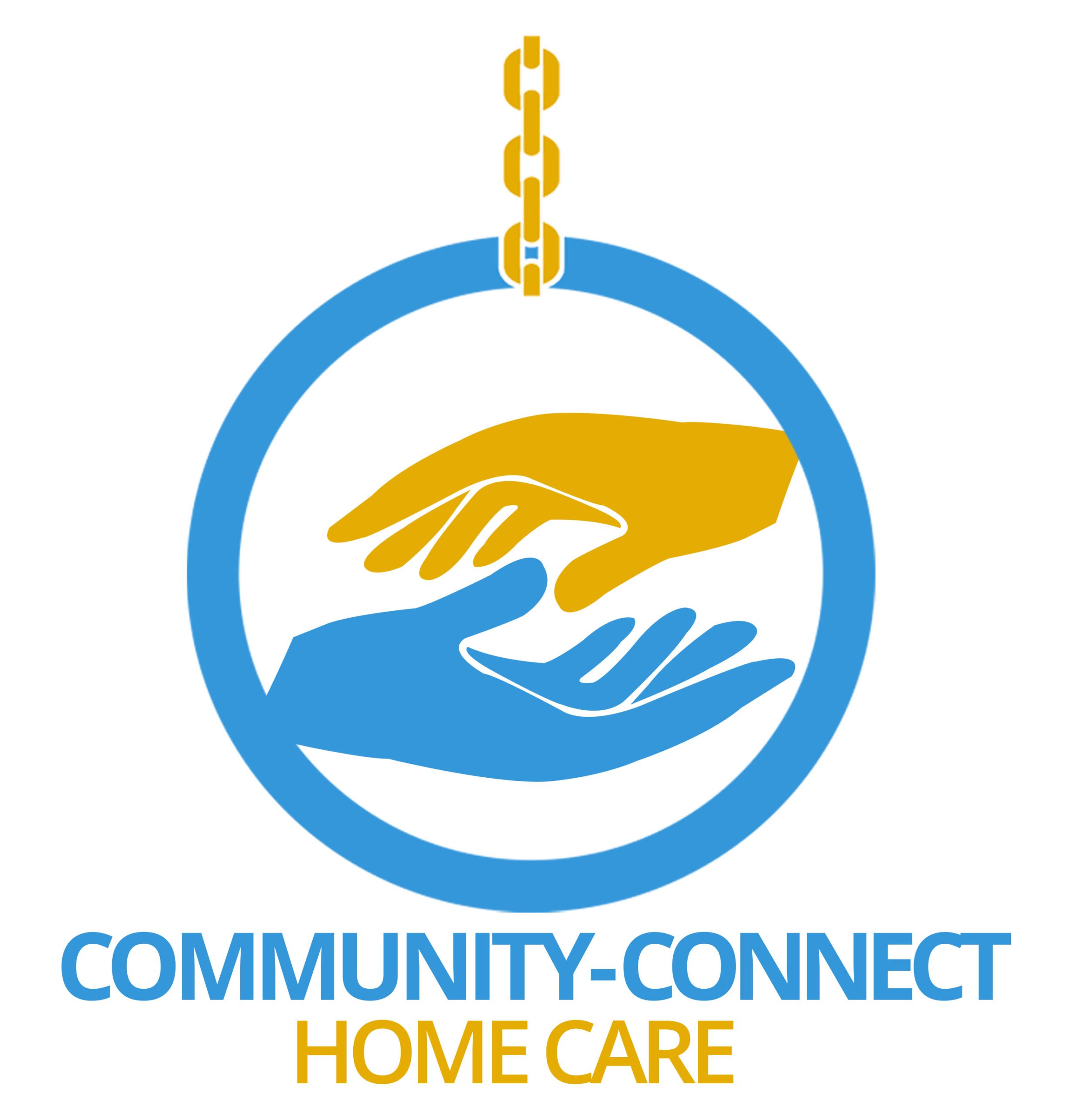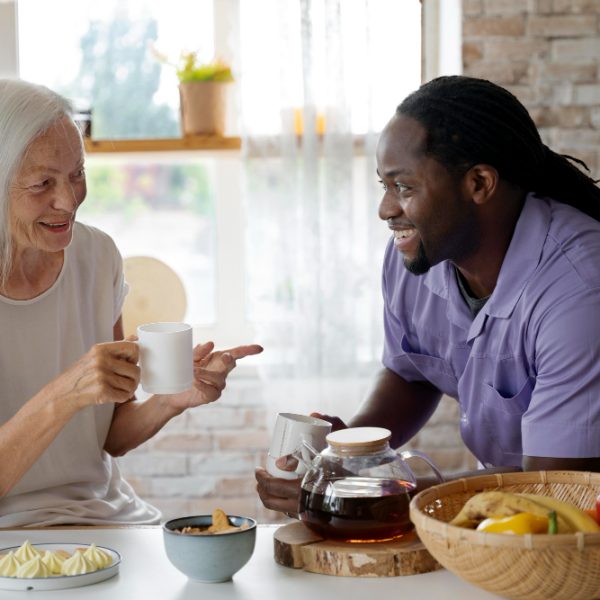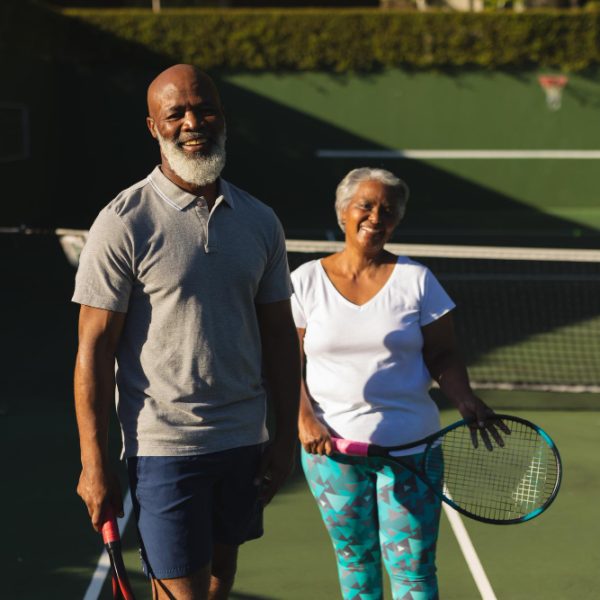We provide a person-centered need-based ongoing Community-based support without training or rehabilitation to persons with intellectual/neurodevelopmental disability, Traumatic Brain Injury, chronically ill persons and seniors 65+ who choose to live in their homes in place of institutions, nursing homes and/or hospitals. Our services are designed to maintain or improve physical, intellectual, emotional, and social function.
Generally, People in our different service categories are supported on
-improving community participation and mobility,
-health care coordination,
-assistance with basic technology to support community living,
-help making lists for grocery and house needs, cleaning,
-help making appointments and managing a calendar,
-help applying for and maintaining benefits,
-help reading and responding to mail,
-review of the environment and recommend changes to address risk factors,
-laundry, housekeeping/house chores, meal preparation and reminders,
-help accessing community resources,
-help socializing with friends and family, leisure & recreation,
-support to develop and/or maintain informal support systems,
-interpersonal/communication skills training.
-Medication management/reminders
-Money management/budgeting.
-Sensory and motor development, assistance with ADLS.
Individual community living support (ICLS)
Health, safety and wellness: Health maintenance cueing to ensure the person follows prescribed treatments
Assistance with basic living tasks and social skills.
Help applying for & maintaining benefits
Assistance with household management.
Problem-solving support.
Active cognitive support.
Adaptive support service. Activities of daily living (ADLs) support
Community living engagement.
Adult Companion Care
We provide companionship by supervising/accompanying/keeping company with an individual as they work to achieve a goal within their support plan. Attending a movie with the person to practice coping skills to manage their social anxiety. Going with the person to a community event to reduce their social isolation. Play a board game with the person to enhance their fine motor skills. Provide verbal instructions or cues to the person to help them complete a task. Assist or supervise the person with tasks such as laundry, light housekeeping, meal preparation and shopping. Companion care does not include support with ADLs.
Night Supervision
Individualized home support without training
Respite Care
We ensure the health and safety of the person we support and reassure them of the connection with their loved ones. No training and/or rehabilitation involved. We provide respite care services only in the individual’s own home or family home.
24-Hour Emergency Services
Assistance provided is specific to the person’s needs, as per their support plan.
Home Maker Services
- Homemaker cleaning.
- Homemaker home management.
- Homemaker assistance with activities of daily living (ADLs).
- Light housekeeping tasks.
- Laundry services.
- Monitoring the person’s well-being while at home, including home safety.
- Light Housekeeping tasks
- Laundry services
- Arranging transportation.
- Preparing meals.
- Shopping for food, clothing, and household supplies.
- Performing simple household repairs.
- Monitoring the person’s well-being while at home, including home safety.
- Light Hose keeping tasks
- Laundry services
- Ambulating.
- Bathing.
- Dressing.
- Eating.
- Grooming.
- Toileting.
- Monitoring the person’s well-being while at home, including home safety.



